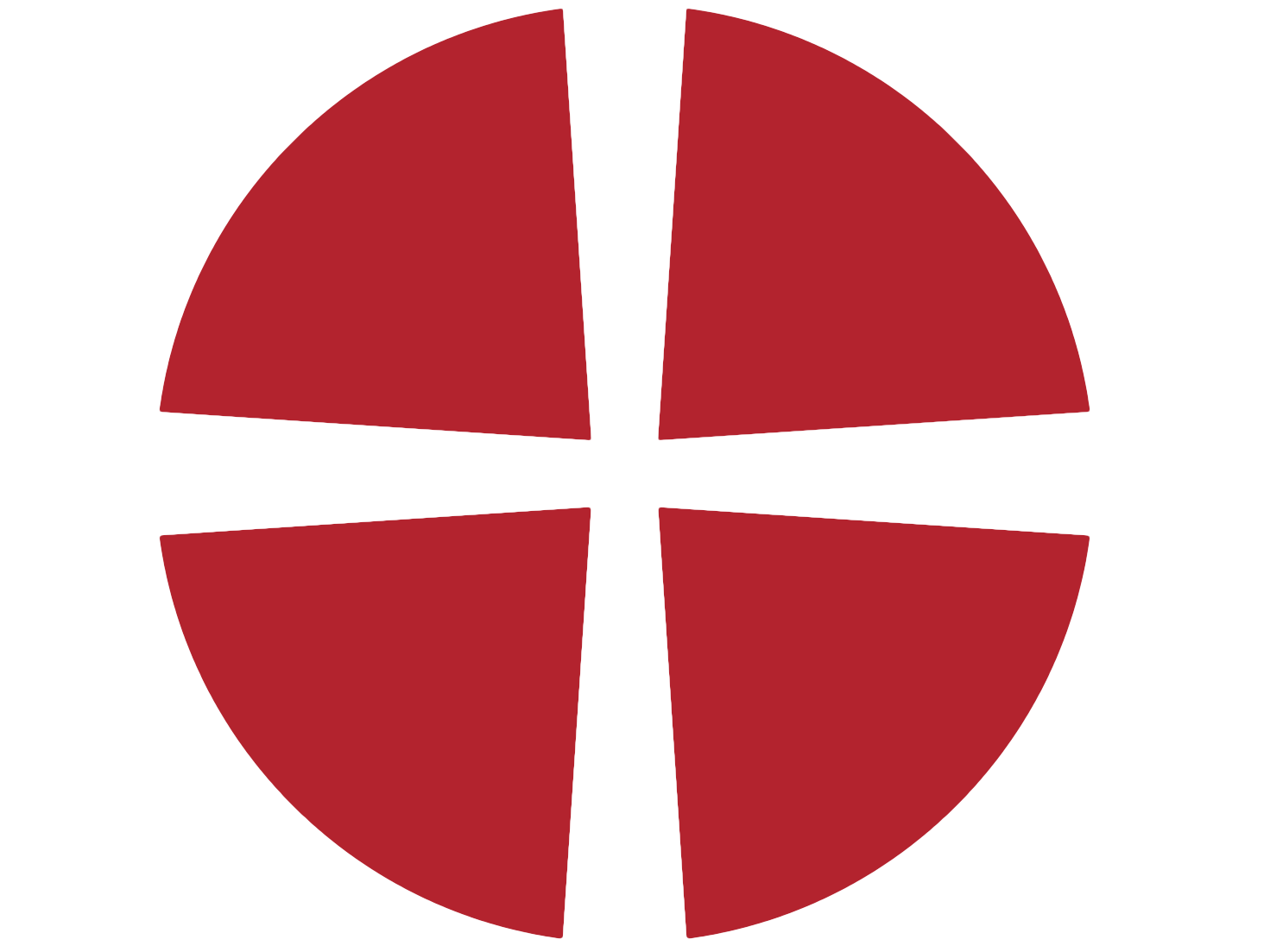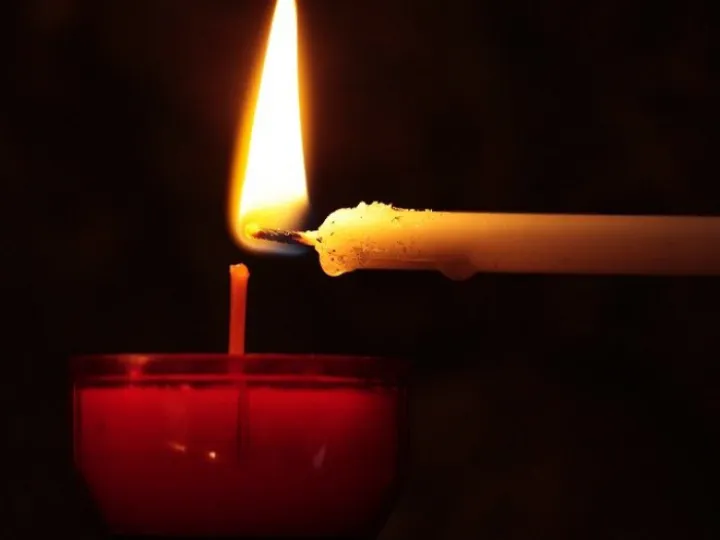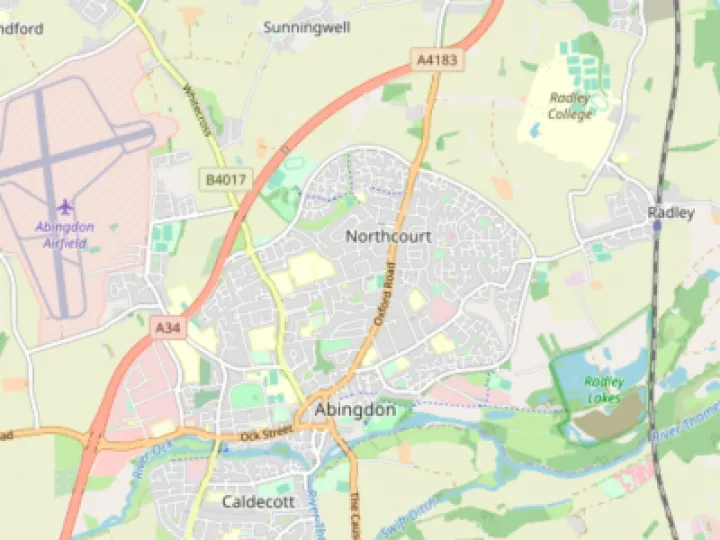Our covenant commitment
The Covenant Prayer originated in the Methodist Church but has been taken up by many churches as a way of reorienting ourselves towards God at the start of a new calendar year.
It is rooted in God's promise to Israel that 'I will be your God and you shall be my people' (Jeremiah 7:23), which Jesus then extended beyond Israel to the whole world. It is both a gift and a challenge – we have the glorious possibility of being in a relationship with God, and the Covenant Prayer shows us what is involved.
The Methodist Church website says this:
This idea of Covenant was basic to John Wesley's understanding of Christian discipleship. He saw the relationship with God in Covenant as being like a marriage between human beings (both as a community and as individuals) on the one side and God in Christ on the other (cf. Ephesians 5.21-33).
His original Covenant Prayer involved taking Christ as "my Head and Husband, for better, for worse, for richer, for poorer, for all times and conditions, to love, honour and obey thee before all others, and this to the death".
Wesley recognised that people needed not just to accept but also to grow in relationship with God. He therefore emphasised that God's grace and love constantly prompts and seeks to transform us, and so we should continually seek and pray to grow in holiness and love.
Over a number of years Wesley gradually saw the need for some regular ceremony which would enable people to open themselves to God more fully. He looked for some means of helping them to hear God's offer and challenge ever more deeply, and to allow God to prompt and enable them to respond.
In 1755 Wesley created a form of service adapted from the works of Joseph and Richard Alleine. These works came from the Puritan tradition of pastoral and spiritual guidance. Wesley therefore insisted that the Covenant Service be located in a framework of pastoral care, preaching and guidance.
This framework dealt with the corporate needs of a particular society of Christian disciples, and within that with the needs of individuals within that group. It therefore linked personal devotion with corporate worship.
There would be a series of meetings about the Covenant involving sermons, explanations and exhortations. An invitation would then be issued for "those as will" to come to the Covenant Service. After a day's "Retreat" for people to prepare themselves in prayer, fasting, reflection and self- examination there would be the Covenant Service itself. This would be held in the context of the Sacrament of the Lord's Supper. Wesley thought that this Sacrament brought into the realm of experience and made real all that was said in the Covenant. He therefore urged Methodists to pay it the highest regard, to put it at the centre of their spiritual life and to share in it frequently.
The process did not end with the Covenant Service. People were encouraged to continue to work out the implications for their lives of the fact that their relationship with God had been renewed in and through Christ. It was accepted that people might find this difficult to do without help, and might "backslide". There would therefore be further pastoral guidance offered to both groups and individuals in the weeks that followed the service.
Quick Links
Registered Charity no. 1184115
Get In Touch
01235 520282
office.allsaintsab@gmail.com
All Saints Methodist Church
Appleford Drive
Abingdon
OX14 2AQ
There is free parking in our car park behind the Church in Dorchester Crescent.


